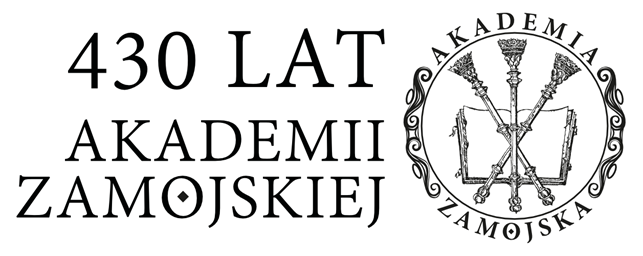Emotions in the World of Artificial Intelligence: Some Remarks on Emotion Recognition Systems in Light of the Artificial Intelligence Act
Abstract
Recent developments in affective computing encompass a variety of technologies employing artificial intelligence solutions that demonstrate the capacity to recognise emotional states based on extra-linguistic expressive cues, such as facial expressions, affective prosody, and gestures. However, the use of artificial intelligence to automatically detect and infer human emotions raises numerous ethical concerns. The potential threats posed by this technology to human rights and fundamental freedoms are widely acknowledged. This paper examines emotion recognition systems from the perspective of the regulations set forth in the Regulation of the European Parliament and of the Council laying down harmonised rules on artificial intelligence (Artificial Intelligence Act).
Keywords:
artificial intelligence, affective computing, emotion detection and recognition, Artificial Intelligence Act, human rightsDetails
References
Statistics
Authors
Citation rules
Licence

This work is licensed under a Creative Commons Attribution-NonCommercial-ShareAlike 4.0 International License.


 Język Polski
Język Polski
 English
English
